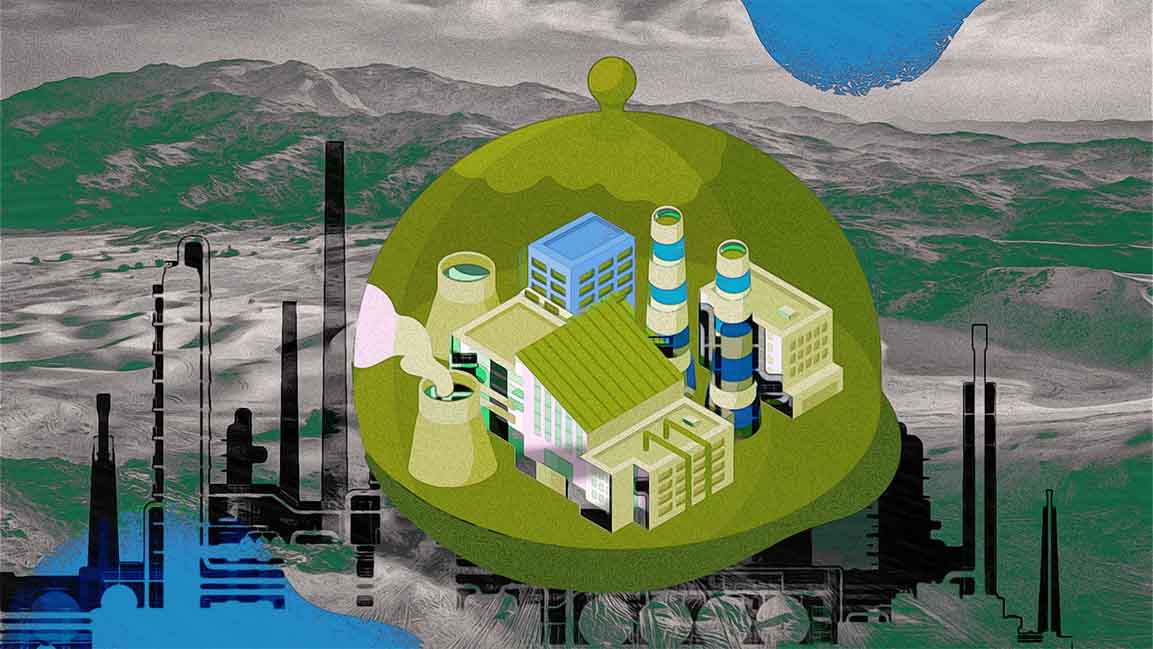- | 12:00 pm
Saudi Arabia to scale up carbon capture and storage on the road to net-zero emissions
The kingdom joins the Global Carbon Capture and Storage Institute to push technology use in the sector.

Carbon capture and storage (CCS) is key in reaching climate targets on schedule, particularly to address hard-to-abate emissions from industries such as petrochemicals, cement, and steel. CCS can also contribute to accelerating the decarbonization of the power sector and the conversion of hydrocarbon fuels to low-carbon alternatives. In fact, carbon capture and storage is a critical element in climate change mitigation pathways.
Recently, Saudi Arabia has joined an international body to boost its carbon capture and storage sector. The Ministry of Energy announced that Saudi has secured a membership in the Global Carbon Capture and Storage Institute to expand the adoption and use of technology in the sector.
Khalid Abuleif, chief negotiator for the climate agreements at the Ministry of Energy, says that the collaboration works towards diversifying the country’s environmental protection approach.
“The kingdom has committed itself to cut carbon emissions by more than 278 metric tons per year by 2030, and this is not going to happen in a narrow technology framework,” Abuleif told Arab News. “The framework that the kingdom is utilizing is the circular carbon economy, which is a more inclusive and balanced approach.”
Abuleif says that carbon storage technology takes a major role in the kingdom’s circular carbon economy.
Echoing this statement, Energy Minister Prince Abdulaziz bin Salman says, “Undoubtedly, carbon capture and storage technologies help address emissions from heavy industries, which may be challenging to reduce.”
In 2022, the country announced the development of a carbon capture and storage center, where about 44 million tons of carbon dioxide will be captured annually by applying carbon capture and storage technologies in Jubail Industrial City by 2035.
































